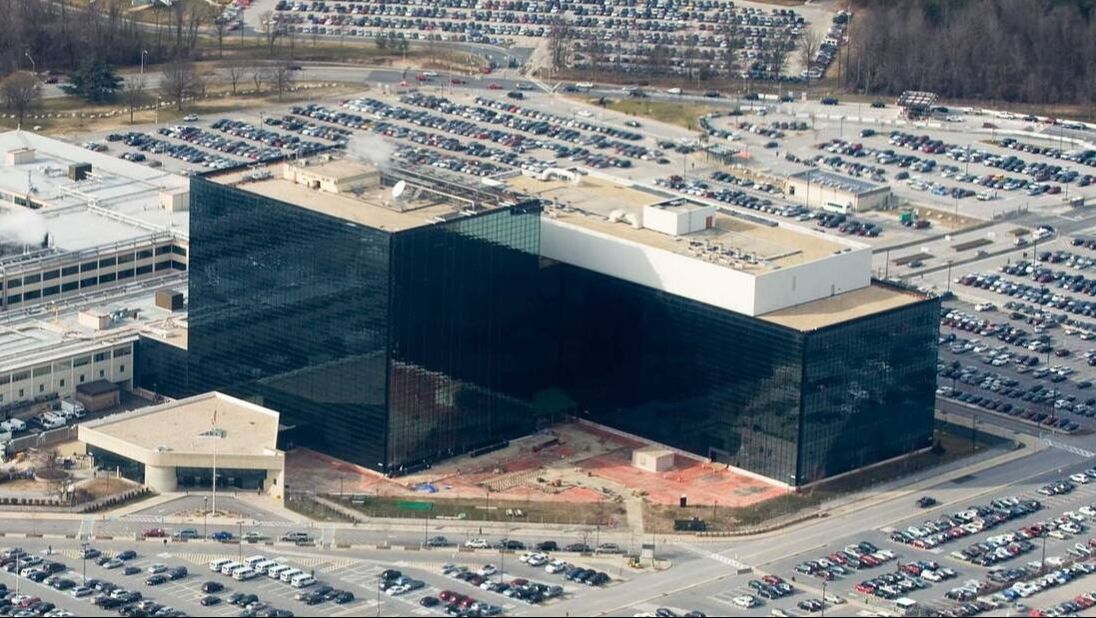But Will Doctrine Survive Upcoming Reviews by U.S. Supreme Court?A U.S. federal appeals court Wednesday struck a blow against government transparency with the dismissal of a long-running lawsuit against the National Security Agency (NSA) for purported mass interception and searches of Americans' international internet communications.
In a 2-1 decision, the Fourth Circuit Court of Appeals refused to resurrect the challenge against the NSA by the Wikimedia Foundation, which runs Wikipedia, and instead sided with the government’s defense, which claimed a “State Secrets” privilege. The court’s majority opinion reveals the nature of this privilege, something right out of Joseph Heller’s Catch-22. Judge Albert Diaz wrote for the majority that he agreed with a lower court’s termination of the suit. The majority reached this conclusion without reviewing the evidence of potential harm to the government’s national security interest. Judge Diana Gribbon Motz wrote a stinging dissent that the ruling: “stands for a sweeping proposition: A suit may be dismissed under the State Secrets doctrine, after minimal judicial review, even when the government premises its only defenses on far-fetched hypotheticals." Few dispute the need for some government secrecy, but this blanket defense and its cousin – the Glomar response – has been invoked to such an alarming extent that we have no way of knowing whether the government is acting in good faith or covering up bad actions. PPSA recently reported that the government has relied on the Glomar defense – neither confirming nor denying – even when asked if it has been purchasing the private digital information of Members of Congress from data brokers. Fortunately, the Supreme Court has an opportunity to clarify this case. This fall, SCOTUS will hear Federal Bureau of Investigation v. Fazaga, a case about the covert infiltration and bugging of a mosque and Muslim communities in Southern California in which the government has invoked the State Secrets privilege. This follows the Court’s acceptance of another State Secrets case involving a Palestinian man captured after the 9/11 attacks and held in prison at the U.S. base in Guantanamo Bay, Cuba. This detainee, who accuses the government of torturing him, requests information that is blocked by the government’s invocation of the State Secrets privilege. These two cases mark the first reviews of the State Secrets doctrine in a decade. In a forthcoming amicus brief, PPSA will demonstrate that plaintiffs with substantial claims deserve to uncover enough factual material to argue their cases. We are confident this can be done while protecting secrets important to the safety of Americans. Comments are closed.
|
Categories
All
|


 RSS Feed
RSS Feed